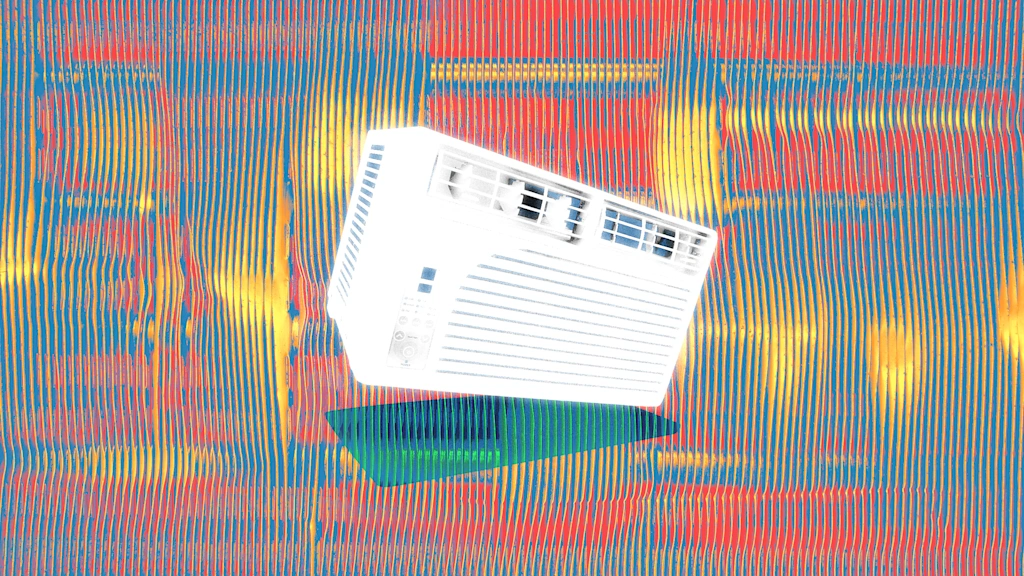
"Conventional air conditioners are not optimized for humidity, leading to prolonged operation while trying to manage both heat and moisture, resulting in a clammy and sticky home."
"New AC technology being developed effectively addresses humidity, promising 90% savings on electric bills while providing a comfortable indoor environment during oppressive heat."
"Innovations in AC technology can significantly reduce energy consumption, contributing to fewer blackouts during heat waves and decreasing emissions from conventional cooling methods."
"The issue of air-conditioning fundamentally revolves around humidity control, highlighting the necessity for newer, more efficient technologies to enhance comfort and sustainability."
Conventional air conditioners struggle with humidity, leading to ineffective cooling and increased energy use. New AC technologies focus on effective humidity control, potentially reducing electric bills by 90%. As temperatures rise, these innovations will help people maintain comfort at lower costs. The technology also benefits energy grids by lowering the risk of blackouts during heat waves, while decreasing the emissions linked to traditional cooling methods. Addressing the humidity problem is essential for improving air conditioning efficiency and environmental impact.
Read at Fast Company
Unable to calculate read time
Collection
[
|
...
]